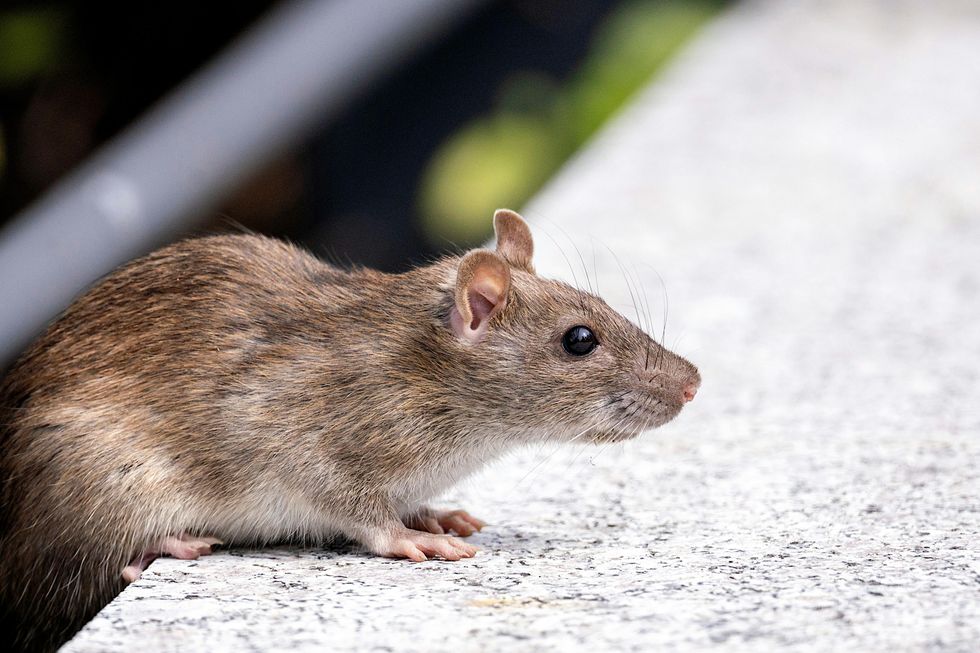Peta launches campaign to change the definition of RAT in the dictionary: 'Words matter!'
The animal rights group described rats as being 'as altruistic as they are clever'
Don't Miss
Most Read
Trending on GB News
Animal rights group Peta has written to the Cambridge Dictionary requesting a change to what they call the "unfair" definition of rats.
The organisation is campaigning against the dictionary's informal definition that describes rats as "unpleasant" and "not loyal" when referring to humans.
Peta's Vice President of Programmes, Elisa Allen, sent the letter to Cambridge's editor Rachel Fletcher yesterday.
The Cambridge Dictionary currently has two separate definitions for the word "rat" depending on context.

The animal rights group described rats as being 'as altruistic as they are clever'
Denitsa Kireva/PexelsWhen referring to an animal, it defines a rat as "a small rodent, larger than a mouse, that has a long tail and is considered to be harmful".
The informal definition for humans describes a rat as "an unpleasant person who deceives others or is not loyal".
In their letter, Peta argued this definition is "not only inaccurate but unfair to rats, who are pleasant, loyal individuals who form strong attachments and loving family bonds".
The animal rights group described rats as being "as altruistic as they are clever".
MORE LIKE THIS:
They also noted that rats "show empathy and a willingness to help other rats even when they don't know the individual in peril and dream of a better future".
Peta's letter highlighted that rats make "chirping sounds strikingly similar to a child's laughter when tickled".
Last week, the RSPCA also urged people to "ditch popular misconceptions and be kind to rats" as part of World Rat Day celebrations.
The animal welfare charity described rats as "friendly, intelligent and playful animals" that "can make excellent companions".
Peta argued that "misleading definitions that associate rats with deceit and disloyalty can play a role in their abuse".
The group claimed misconceptions lead to rats being deemed "pests" and subsequently "poisoned, killed in guillotine-like traps, or otherwise tormented".
They also highlighted laboratory practices where rats are "shocked, burned, near-drowned, and forced to ingest chemicals before being cruelly killed", concluding that "rats deserve better" than such treatment.
According to Britannica, rats have come to be associated with traitors or snitches partly due to their reputation as "filthy and deadly creatures".

The encyclopaedia suggests this negative perception might also stem from rats fleeing sinking ships and collapsing houses, giving an impression of abandonment
GETTY
The encyclopaedia suggests this negative perception might also stem from rats fleeing sinking ships and collapsing houses, giving an impression of abandonment.
The RSPCA noted that rats are "very social animals, capable of experiencing a wide range of emotions, from joy and affection to sadness and stress".
This is not Peta's first campaign targeting language and branding. Last year, the group urged paint company Farrow and Ball to update their "anti-animal" paint names.
They suggested renaming colours like "Dead Salmon" to "Magic Mushroom" and "Au Lait" to "Lait de Coco".
Peta argued this would be "a fun way to appeal to more conscious consumers" while reminding people that "animals are not food but sentient individuals".







